Kabale University and Sapienzia University of Rome collaborate in promoting the equality of women
Kabale University participated in the SPEAK-UP Jean Monnet Module, a three-year project funded by the European Union and coordinated by Sapienza University of Rome. Founded in 1303 by Pope Boniface VIII, the Sapienza University of Rome is one of the oldest universities in the world. In addition to this, it is considered one of the most prestigious universities in Europe, with more than 115,000 students, including almost 9,000 international students, as well as nearly 4,000 academic staff members. It offers courses in a wide range of disciplines, from the humanities to engineering, medicine, and science. The university is also home to some of the world’s most renowned research centers and institutes.
The acronym SPEAK UP refers to SPreading women’s Empowerment and AKtive citizenship values in order to enhance Union Policies against gender-based violence and discrimination in the modern world. The SPEAK-UP module is a multi-interdisciplinary training course that is being offered both to students of higher education (12 Higher Education Institutes) who do not automatically have the opportunity to learn about EU studies, as well as to operators who work for five (five) civil society organizations. As part of this training program, we addressed a wide range of target groups, and we filled a void in academic courses that combine practical participatory activities and civil society engagement beyond the borders of Europe.
Mrs. Martha Muhwezi, who is the Executive Director of the Federation of African Women Educationalists Africa, was the keynote speaker for the opening event of the African year. As she stressed the importance of women’s role in society’s transformation, she called for an end to their marginalization in several global settings. She discussed how FAWE and other stakeholders have promoted the education of girls in order to lift women out of despair. Mrs Muhwezi highlighted the importance of educating girls and women to empower them to take on leadership roles in their communities and societies, and to create opportunities that will help them to overcome gender-based violence and inequality. She also urged for increased commitment from African governments to provide access to quality education and healthcare to help women reach their full potential.
Kabale University students also participated in a variety of practical sessions, lectures, and other public events utilizing innovative methodologies for active learning and engagement. As part of the active learning and engagement methodologies, they also participated in lectures, practical sessions, and other public events. One of these sessions included a three-hour expert discussion on African women’s movements and African feminist thought between Professor Joy C Kwesiga, a professor of Gender Studies at Kabale University and Vice Chancellor, and Professor Patricia Hill Collins of the University of Maryland. There was a lot of interesting discussion during the online debate held on April 21st about the history of African and black women’s rights, activism and social change in North America and Africa. In their talks, the two experts skillfully delivered a variety of academic and community discourses that highlighted the plight of women liberalism and empowerment through the ages.
On the 12th of May of April, Kabale University’s Vice Chancellor, Prof Kwesiga, along with Godfrey Sempungu, the head of the Communication, Branding and Marketing Department participated in a three-hour round table of experts session. The round table of experts was organized under the theme of women in ecosystem management: access to resources. The project coordinator, Prof. Fiorenza Deriu of the Sapienza University, moderated an insightful debate in which Prof Kwesiga discussed women’s access to higher education in Africa, analyzing Uganda’s perspective. In addition, Sempungu’s presentation focused on the economic perspective of women’s empowerment in an African context. Dr. Annarita Spagnuolo of We World Kenya, Olga Martin Gonzalez of the European Union, and Agatha Ankunda of the National Energy Platform also participated in the round table discussion.
Through the SPEAK_Up Jean Monnent module, students and staff were introduced to another very interesting model of knowledge creation and sharing. Participants were invited to contribute ideas and complex solutions carried out by themselves through the Living Lab methodology, rather than simply focusing on users’ needs. As one of the speakers, Kabale University’s Godfrey Sempungu discussed how cooperatives are a key game changer for women empowerment in the areas of income and welfare through the transformation of households. Among the participants were Ms Jean Kemitare, who is the Director of Urgent Action Fund Africa, Dr. Shalimah Valiani, Francesco daRiva Grechi, and Dr Annarita Spagnuolo.
The living lab discussion was guided by Professor Fiorenza Deriu and included several speakers. This living lab focused on gender inequalities in access to economic, human, natural, and social resources. Professor Marcella Corsi, an economic scholar, contributed some remarks about the role cooperatives play in macroeconomic and microeconomic interventions in Africa and other developing nations. Sempungu discussed cooperatives’ potential to promote entrepreneurship, create jobs, and build a resilient economy. Additionally, he stressed the importance of investing in education and training to ensure the success of cooperatives. To support these initiatives and reduce violence and abuse against women, Jean Kemitare stressed the need for a strong and enabling legal and regulatory framework.
In this African year of the SPEAK-UP Jean Monnet Module, Kabale University has had a unique and engaging learning experience. The closing ceremony of the year was held online and moderated by Godfrey Sempungu. At the closing of the conference, Professor Mesharch Walto Katusiimeh of the faculty of arts and social sciences at Kabale University was one of the speakers. A focus of his presentation was the role of women in governance from an African perspective. According to him, there has been a significant trend in allowing women to have a greater say in key decision making environments in recent years. Professor Kwesiga capped off Professor Katusimeh’s presentation by expressing her enthusiasm regarding the success of his presentation in terms of empowering women to date. As a result of her conclusion, she emphasizes that despite all the progress that has been made, the door to fully enjoying women empowerment is still just ajar. Our sincere hope is that projects like this will continue to engage the masses and encourage them to respect the role of women and to facilitate their advancement.
A successful collaboration between Kabale University and Sapienzia University under this project has had a noteworthy impact in terms of disseminating knowledge about the issue of gender discrimination, eradicating violence, and promoting global dialogue. As we promote the values of dignity and equity, we must appreciate the fact that this is a journey, not a destination. According to the current dualism in our economic and social systems, women are far more numerous than men in terms of numbers, but they have left a smaller footprint on the world economy due to the setbacks associated with inequality in their sphere of influence. We must recognize the need to work towards a more equitable world by ensuring that women are given the same opportunities and resources as men. This will create a more balanced and just society, where everyone can benefit from the contributions of both genders.
The empowerment of women’s voices and standing in society and the facilitation of a continuous dialogue should be a responsibility that our research and future interventions will address. As part of this three-year project, Italy, Germany, and Turkey participated in the first year, Uganda, Kenya, and Tanzania participated in the second year, and Argentina and Peru will participate in the third year. As part of the project, efforts were made to increase the participation of women in decision-making processes and to ensure that their voices are heard. Additionally, it discussed the challenges and opportunities faced by women in a variety of sectors and societies. As a final recommendation, the project recommended strategies for creating an environment that is conducive to women’s empowerment.
A combination of professional organizations such as Urgent Action Fund Africa, We world- Kenya, LIDU, National Renewable Energy Platform (NREP), and Federation of African Women Educationalists has enabled this project to take on a core society challenge from a hands-on perspective. This progress should serve as a stepping stone for future interventions aimed at promoting the equal participation of women in the development process. The success of this project has been a testament to the power of collaboration. It is our hope that this project will be a model for future projects that seek to address social issues in an effective and meaningful way.


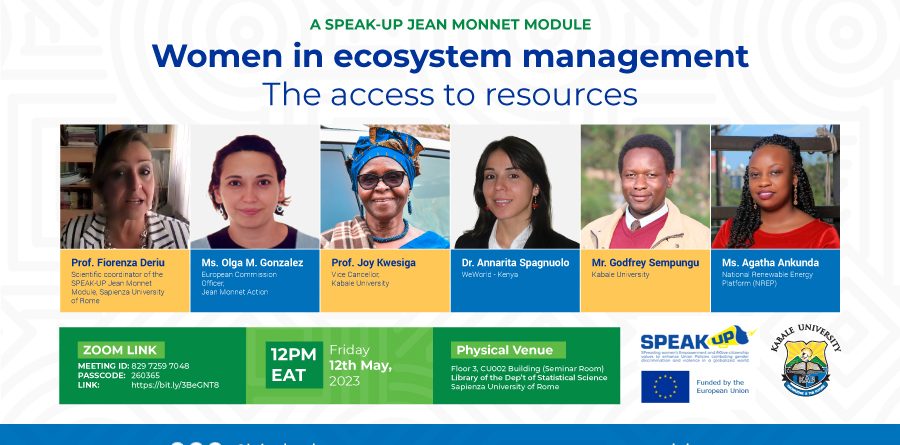
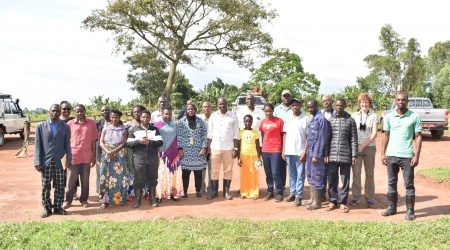
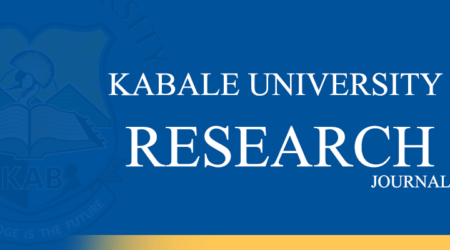
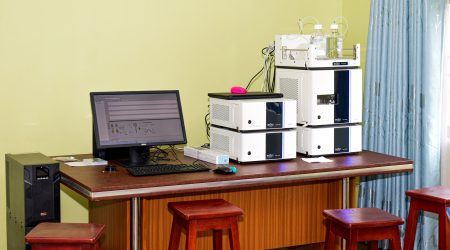
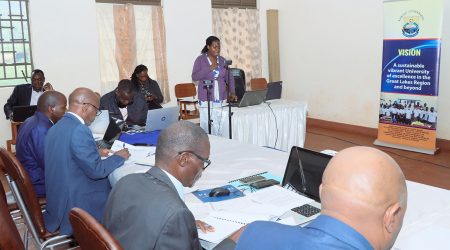

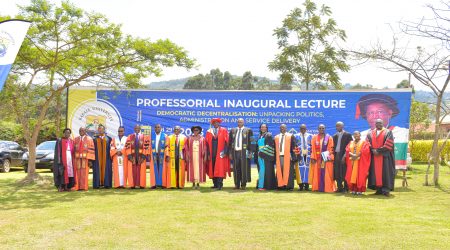
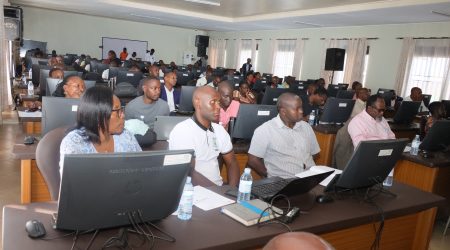
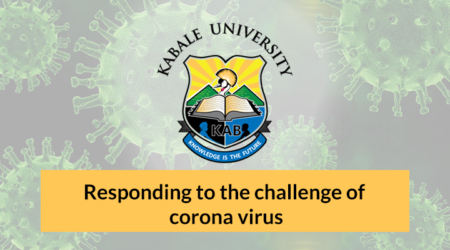
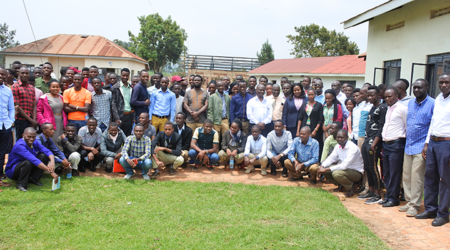
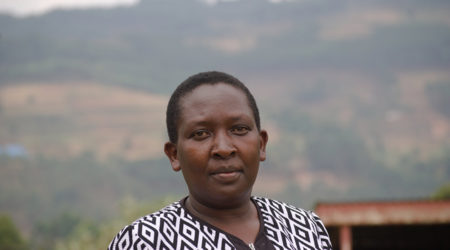
Leave a Reply